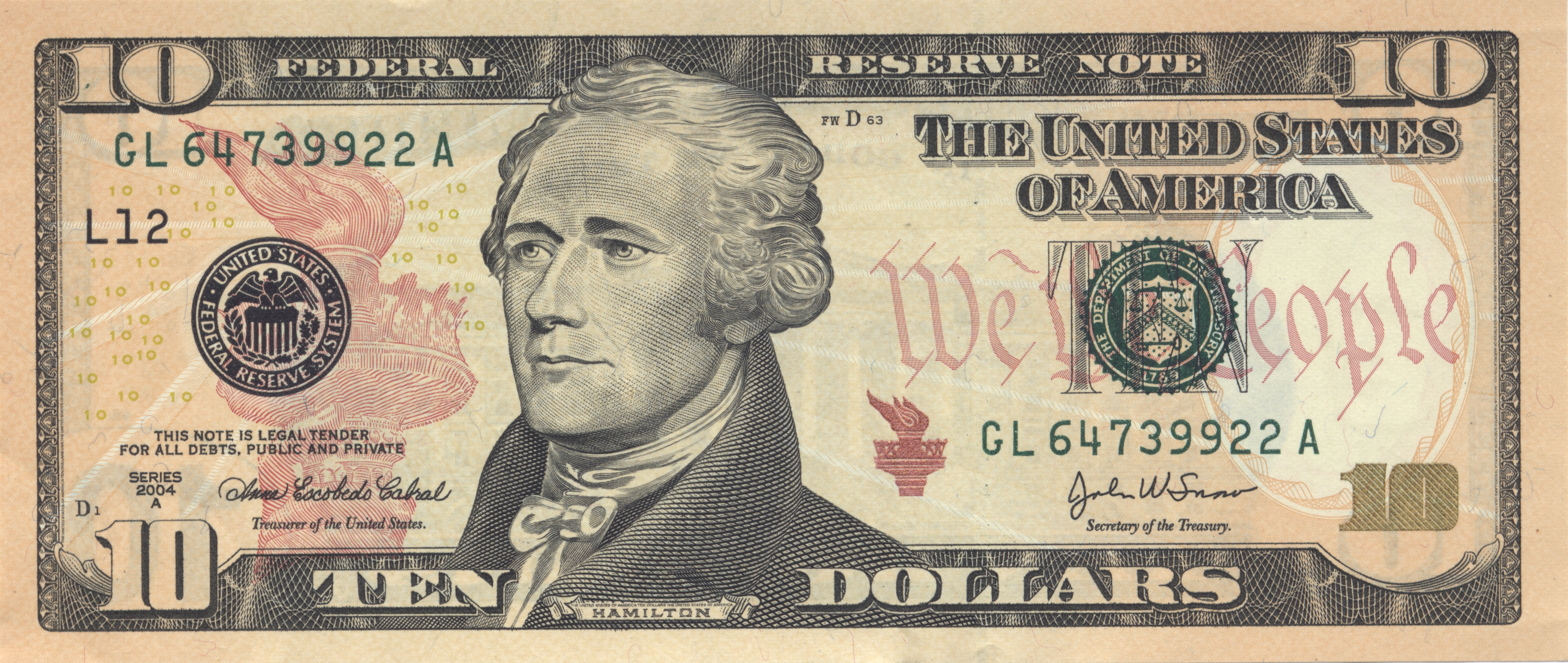Alexander Hamilton
How does a bastard, orphan, son of a whore
And a Scotsman, dropped in the middle of a forgotten spot
In the Caribbean, by Providence impoverished, to squalor
Grow up to be a hero and a scholar?
It’s time to begin preparing for our weekly Seminar.
Last time, we talked about mercantilism, the economic policy that led to the colonization of the “New World” - the American colonies. This time, we're going to talk about the economics of those colonies once they became free, independent...and deeply in debt.
The U.S. was in debt even as it was being born. In 1776, the most important task facing the Founders was to win the Revolutionary War. If the colonists had been defeated, the leaders would have been executed, and they would never have been able to secure the nation’s independence. So they borrowed heavily to pay for the war.
After the failures of the Articles of Confederation, the Founding Fathers gathered in Philadelphia in 1787 and drafted the Constitution. It created a federated republic with powers allocated between the state governments and the national government. But it did not solve the problem of individual state debt. In 1789, the U.S. Treasury Department was formed, with Alexander Hamilton as the first Treasury Secretary.
Hamilton convinced Congress to assume all state debt that remained from the Revolution. That would require the new national government to run in the red, but Hamilton was not worried. “A national debt, if it is not excessive,” he argued, “will be to us a national blessing.” By this he meant that, if interest on the debt were paid regularly, the country would begin to build a positive reputation. As investment flowed to the new U.S., capital would be created.
Thomas Jefferson, then serving as Secretary of State, vigorously opposed Hamilton’s plan. He wanted strict limits on how much the government could borrow and for how long. The Secretary of the Treasury won that argument, and his plan proved effective.
Seminar: ”a class at a college or university in which a topic is discussed by a teacher and a small group of students” ↩
After you have finished listing all of your groups questions, go through and rewrite any closed questions as open questions.
Closed-ended questions results in a yes or no answer. Open-ended questions allows for discussion. ↩
| # | Lesson |
|---|---|
| 1 | Alexander Hamilton |
| 2 | Battle over the Bank |